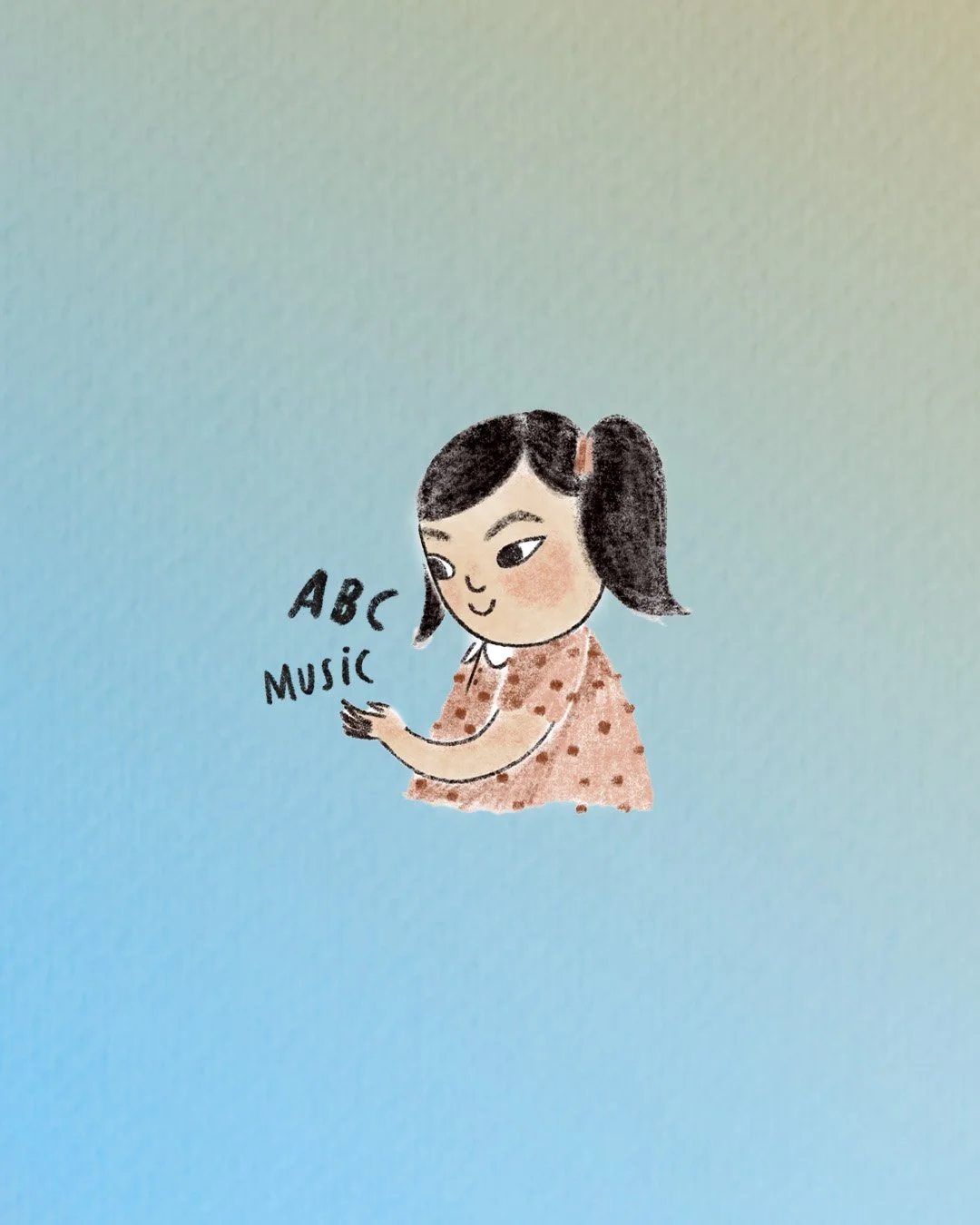3 Tips for Parents After an Autism Spectrum Disorder Diagnosis
Receiving a diagnosis of autism spectrum disorder for your child can be overwhelming and emotional. As parents, you may be feeling a mix of fear, grief, and uncertainty about what the future holds. You may be wondering how to support your child best and what steps to take next. Please know that you are not alone. Many families have gone through this experience and have come out on the other side with a better understanding of autism and a plan for moving forward.
As parents of a child with autism, we understand firsthand how challenging and confusing this journey can be. However, we also know that with the right support and resources, your child can thrive and reach their full potential. That's why we've put together three tips for parents who have just received an autism spectrum diagnosis. These tips are based on our own experience and what we've learned along the way. We hope that they will be helpful to you and your family as you navigate this new path.
Educate yourself: Take the time to learn as much as you can about autism spectrum disorder. Read books, articles, and blogs written by experts in the field, and seek out reputable sources of information. The more you understand autism, the better equipped you will be to support your child and advocate for their needs.
Get to know your child: Embrace the role of investigator, teacher, therapist, life coach, and safe person: As a parent to an autistic child, you'll wear many hats. Your job is to get to know your child inside and out. Take the time to understand what they love, what they dislike, what triggers them, and what comforts them. Collect as much information and data as possible so that you can use it to help your child. By embracing these roles, you can provide the support and guidance your child needs to thrive.
Create a plan: Work with your healthcare provider and other professionals to create a plan for your child's care and treatment. Depending on your child’s specific needs, this may include speech therapy, occupational therapy, behavioral therapy, nutritional help, or other interventions. Having a clear plan can help you feel more in control and give you a roadmap for moving forward. Remember that every child with autism is unique, and there is no one-size-fits-all approach to treatment. Work with your healthcare provider to develop a plan that is tailored to your child's individual needs.
We understand how challenging and emotional it can be to receive a diagnosis of autism spectrum disorder for your child. However, we want to assure you that you are not alone in this journey. By educating yourself, getting to know your child, and creating a plan, you can provide your child with the support and guidance they need to thrive. Above all, reassure your child that they are safe and that you are their trusted support. With the right support and resources, your child can reach their full potential.




